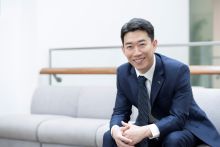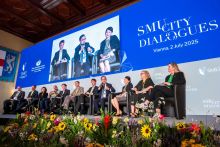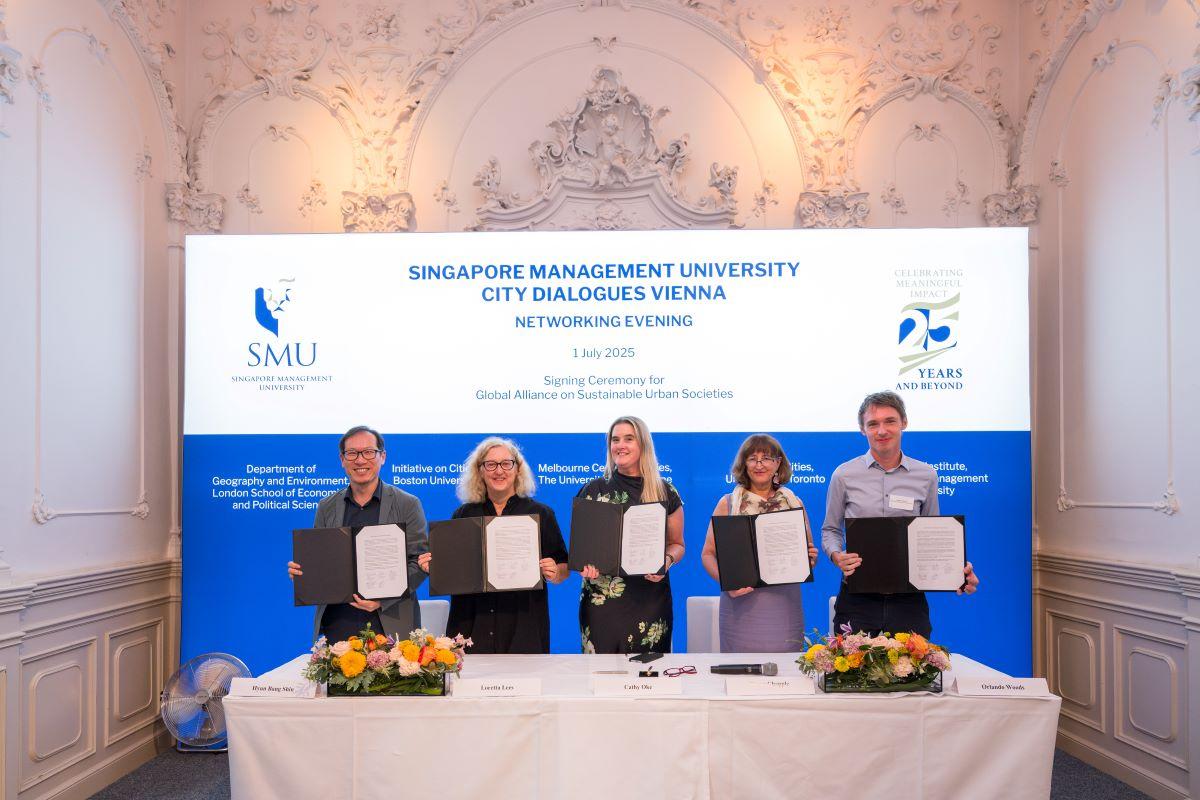
Cities are more than skylines and subways — they are lived experiences shaped by the people who call them home. Recognising this, five world-leading institutions have launched the Global Alliance on Sustainable Urban Societies to reframe how cities are studied and shaped, with a human-centred focus that responds to today’s most pressing urban challenges.
Announced at the SMU City Dialogues conference in Vienna on 2 July 2025, the partnership lands at a time when urban resilience has taken on new urgency — climate instability, economic disruption, and social fragmentation are no longer distant risks but everyday realities.
The Global Alliance on Sustainable Urban Societies brings together SMU, Boston University, London School of Economics and Political Science, the University of Melbourne, and the University of Toronto to collaborate on interdisciplinary research that focuses on human-centred approaches for sustainable and resilient cities.
Professor Orlando Woods, Director of the Urban Institute at SMU, said, “This exciting collaboration will deepen knowledge in an important field across the founding institutions, and it encompasses joint research projects, academic publications, and workshops and conferences.”
Working towards more liveable cities
The Alliance isn’t chasing technological breakthroughs or headline-grabbing urban megaprojects.
Instead of anchoring its work in infrastructure or technology, it turns to what some call “soft infrastructure” — the social relationships, shared norms, and systems of trust that make cities not just functional, but liveable. That means looking at how communities function, how residents interact with public systems, and how trust — between people and their governments — can either strengthen or strain a city’s fabric.
As Professor Loretta Lees, Faculty Director of the Initiative on Cities at Boston University, puts it, “To be resilient and liveable, cities must be socially sustainable, and we need to understand how individuals and communities perceive, interact with, and are affected by urbanisation and the urban environment.”
For Associate Professor Cathy Oke, Director of the Melbourne Centre for Cities of the University of Melbourne, the collaboration offers a chance to bring that understanding closer to action. “We’re delighted to be part of this global alliance, and look forward to finding new opportunities to help leaders and citizens as they shape just, thriving cities.”
Each institution brings its own lens — whether from planning, sociology, geography, or governance — but all share a commitment to integrating theory and practice. The Alliance will roll out joint research projects, international student exchanges, and co-authored policy papers, with an emphasis on ethical data sharing and interdisciplinary learning.
Professor Hyun Bang Shin, Head of the Department of Geography and Environment at the London School of Economics and Political Science, said, “We are excited to be part of this global alliance on sustainable urban societies and look forward to working together with like-minded urban scholars across the world.
“Our work addresses some of the world’s most pressing urban challenges, combining rigorous academic inquiry with applied, policy-relevant solutions.”
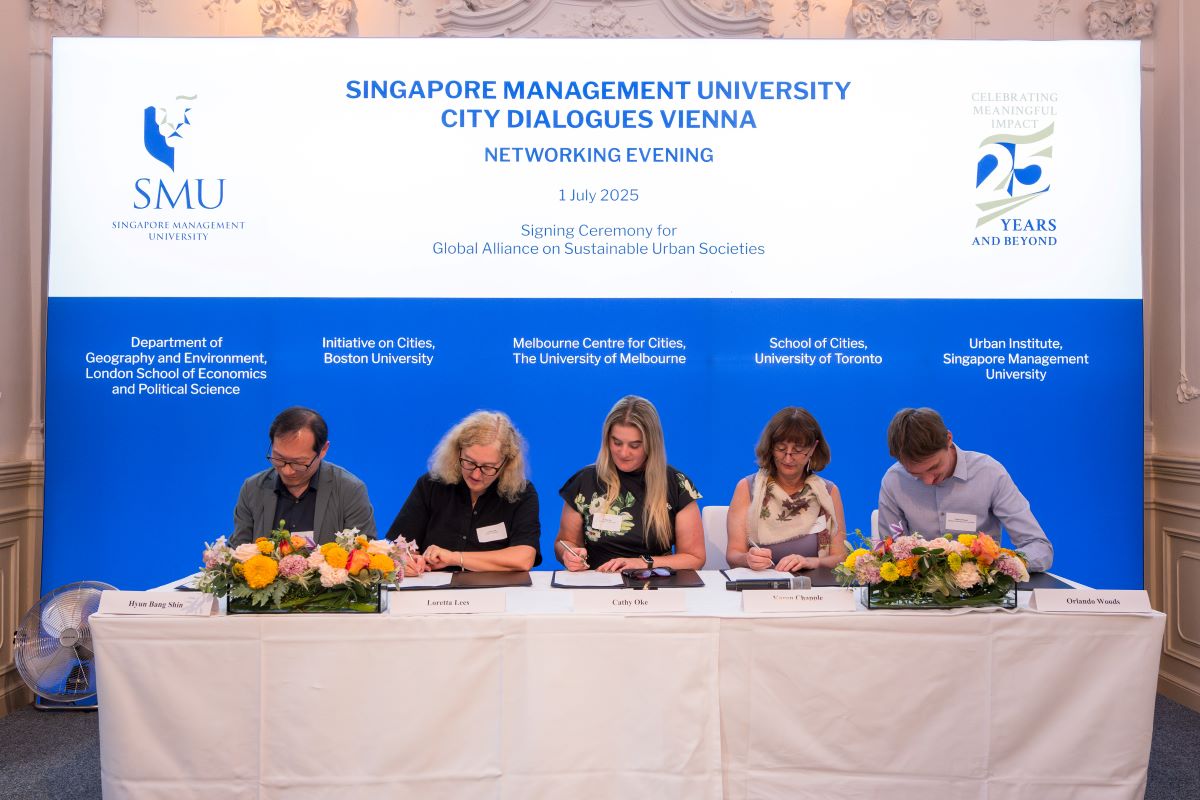
Open doors for new collaborators
While the Alliance starts with five institutions, its doors are open. Members are actively inviting others to join, in hopes of creating a wider, more inclusive platform that reflects the diversity of urban life. Already, the launch has set the tone for more grounded, globally informed conversations.
Professor Karen Chapple, Director of the School of Cities and Professor in the Department of Geography & Planning at the University of Toronto, said, “By working collaboratively across continents and disciplines, we can better understand the complex social fabrics that make cities resilient, and co-create solutions that are both innovative and grounded in the realities of urban life.”
At the City Dialogues event itself, speakers pushed back against the idea that cities should chase innovation for innovation’s sake.
SMU Professor of Urban Climate Winston Chow warned against relying too heavily on public–private partnerships without clear governance structures. Professor Orlando Woods, in turn, suggested that not all cities need to be “smart” — they need to be smart enough, in ways that suit their contexts.
The Global Alliance on Sustainable Urban Societies marks a deliberate pivot toward an understanding that cities are shaped by people’s choices, cultures, and trust in public institutions. It is motivated by a simple conviction: that understanding the human side of urban life is essential to building the sustainable cities of tomorrow.
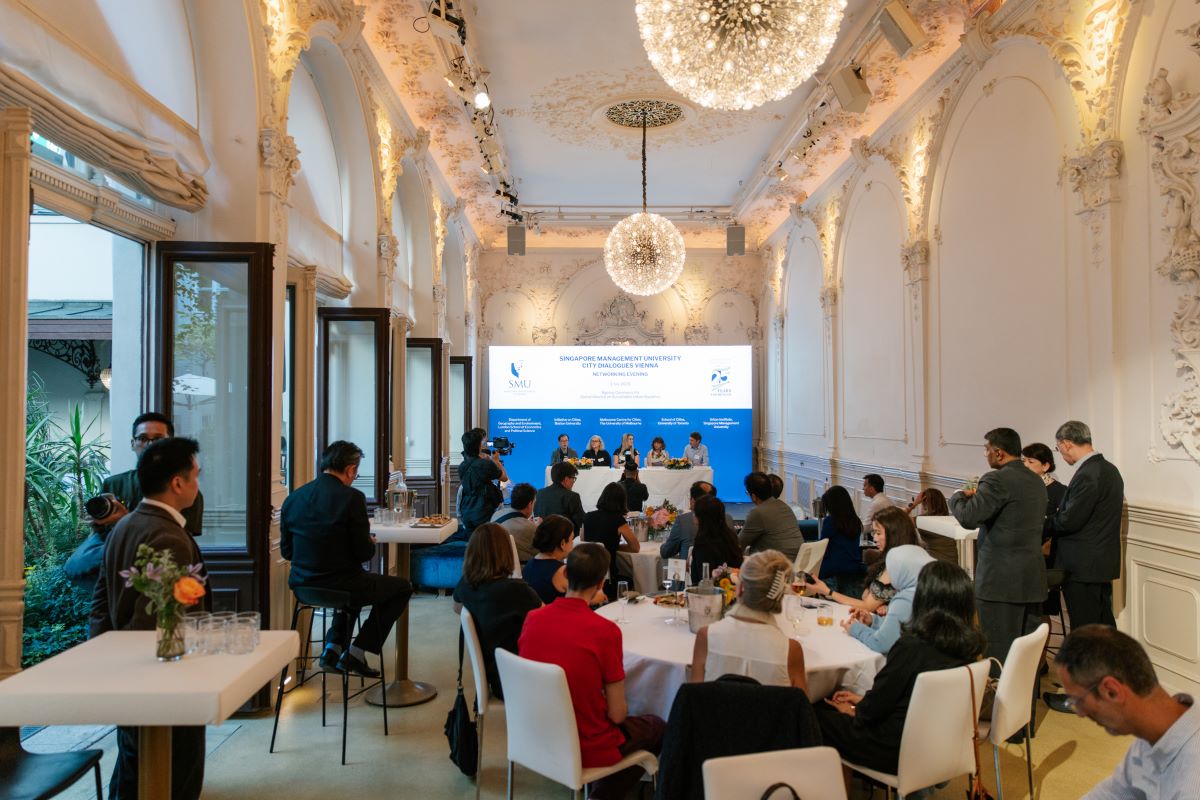
See also:

